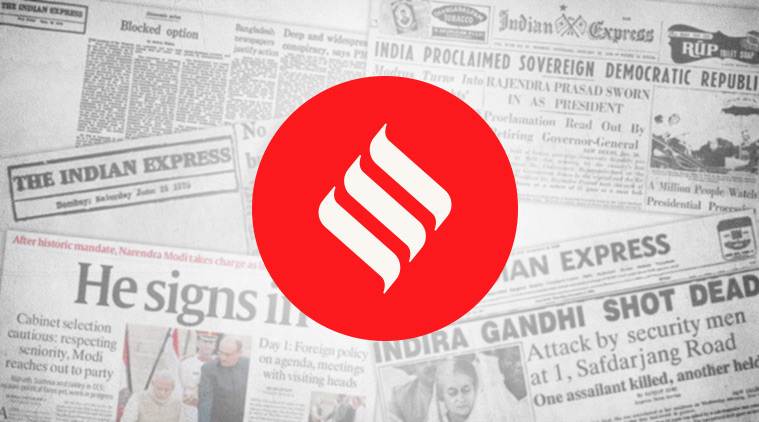
The battle over the legislative and executive control of the National Capital Territory of Delhi remains unresolved. The split verdict by a two-judge bench comprising Justices A K Sikri and Ashok Bhushan has, in essence, affirmed the power of the Union government (through the office of the lieutenant governor) over the elected state government on crucial matters: The Centre remains the cadre-controlling authority in Delhi and the Delhi Anti Corruption Branch cannot investigate central government officers. The two judges, however, differed on whether the state government can manage cadre below the rank of joint secretary and the matter will now be referred to a larger bench. Not surprisingly, Delhi Chief Minister Arvind Kejriwal expressed his displeasure at the verdict while the BJP celebrated it.
Part of the blame for the conflict and theatrics over governance in the capital lies with the current cast of political actors. The AAP has certainly been more shrill than its predecessors, choosing spectacle and agitation over quiet and patient negotiation. Equally, the Centre, through successive LGs and the home ministry, has tried to hobble a government with an impressive mandate using Delhi’s constitutional peculiarity — it’s legally a Union Territory with an elected government whose powers are circumscribed. But it is only through a mature politics that the root cause of the over-politicisation of governance, playing at least since 2015, must be addressed. The courts are limited by the letter of the law, by the contours of the distribution of powers laid down in the Constitution and previous judgments. What Delhi needs is a bold re-imagination of the skewed federal contract that currently determines its executive and legislative boundaries.
Since Independence, the National Capital Region has gone from being just the seat of power to a vibrant, growing city, its diversity enriched by waves of migration, its economy by industry and services. The tussle between the Centre and state, between the people and the law, can only be addressed through a new idea of statehood, one which recognises that sovereignty ultimately derives from the people. Delhi’s exceptionalism, the power imbalance in favour of the Centre, emerges from the needs of a national capital — the seat of government and power, the nerve centre of administration. A mature discussion between stakeholders that looks beyond short-term political gains holds the potential to resolve the embedded contradiction. Both the current Union and Delhi governments enjoy impressive mandates. Unfortunately, instead of using their opportunity to bring in a much-needed redefinition of the division of powers, they have passed the buck to the courts.